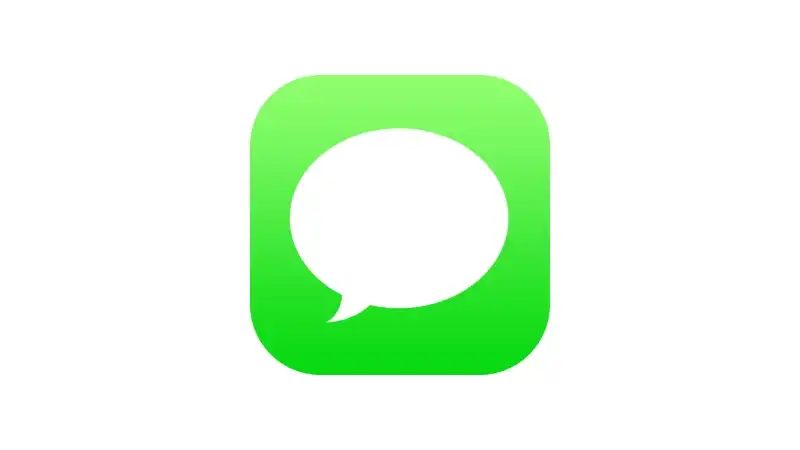In a new directive aimed at improving digital security, the U.S. House of Representatives has banned staff from using WhatsApp starting June 30, 2025. Officials say the popular Meta-owned messaging app poses a “high risk” due to poor data protection practices and unclear encryption standards.
Apple Messages Among Preferred Alternatives
Catherine Szpindor, Chief Administrative Officer of the House, issued the ban following a detailed internal review. According to her team, WhatsApp lacks transparency on data protection, fails to use stored data encryption, and may expose sensitive communications to threats.

Instead, staff are being encouraged to switch to Apple Messages and FaceTime—two platforms known for strong encryption and privacy safeguards. Other approved apps include Signal, Microsoft Teams, and Amazon’s Wickr.
“We constantly monitor cybersecurity threats,” Szpindor stated. “Protecting the people’s House remains our highest priority.”
Meta Pushes Back
Meta disagrees with the decision. A company spokesperson argued that WhatsApp uses end-to-end encryption by default and is more secure than many apps still on the approved list. However, they did not clarify which platforms they were referring to—and notably excluded Apple Messages from comparison.
The timing of the announcement also raised eyebrows. While not officially linked, the ban came shortly after Meta CEO Mark Zuckerberg visited Washington. This visit followed a legal settlement in early 2025, where Meta paid millions to resolve a lawsuit brought by President Trump.
A Shift in Federal Messaging Standards
This move signals a broader shift in how U.S. government bodies assess digital communication tools. Agencies are placing greater focus on transparency, control over user data, and domestic tech options.
In a twist of irony, WhatsApp recently launched a long-awaited native iPad app—but House staff won’t be able to use it. The House’s ban reinforces that even widely used tools aren’t immune from government scrutiny.











